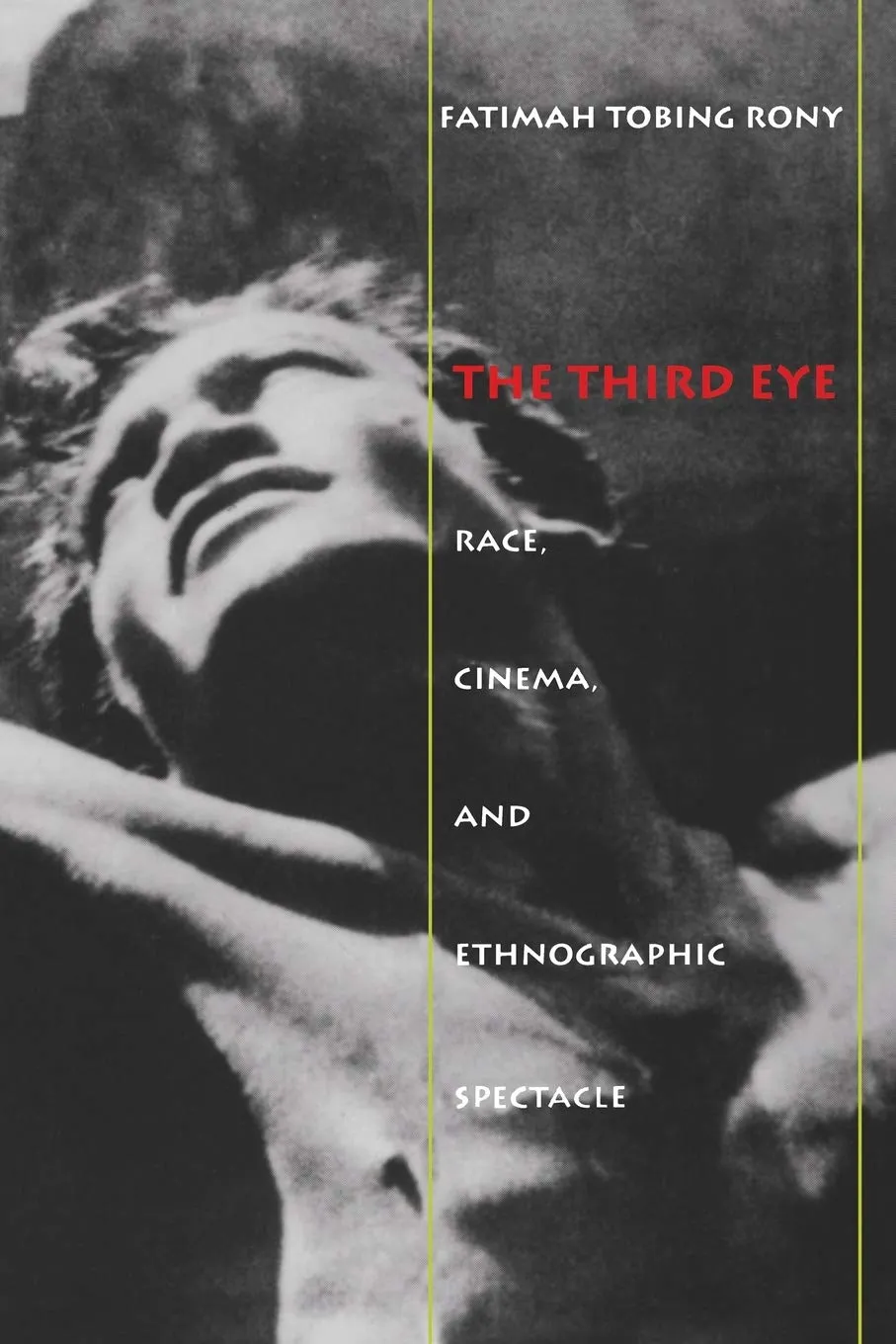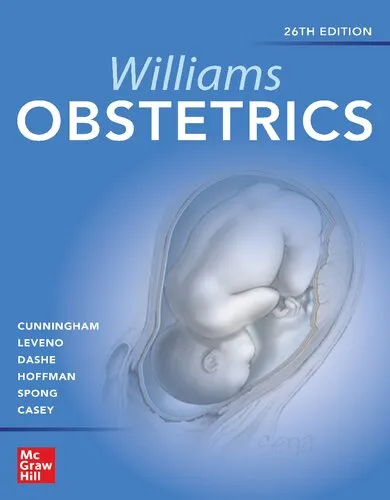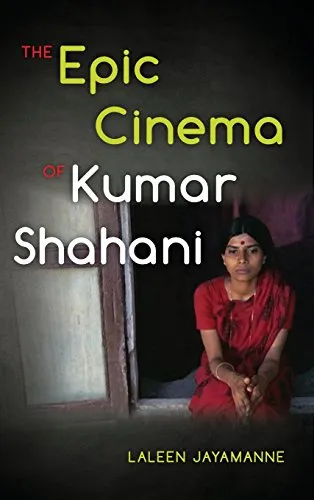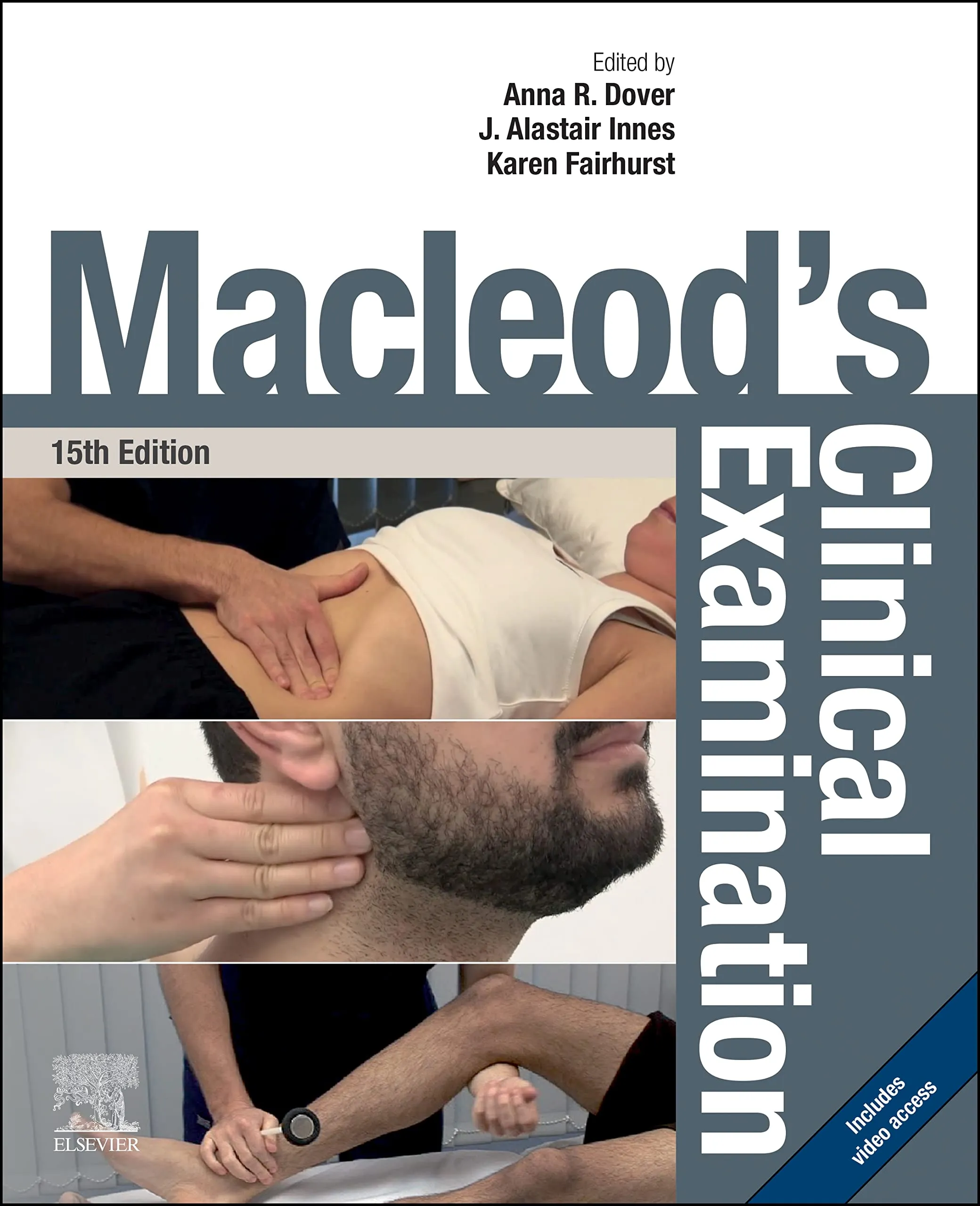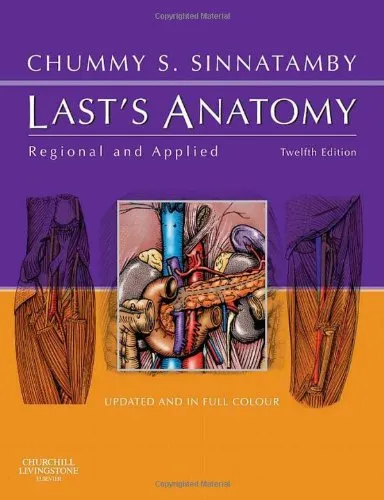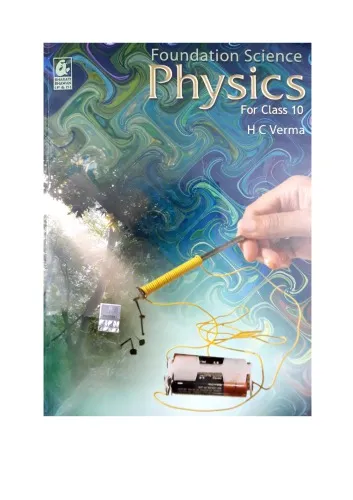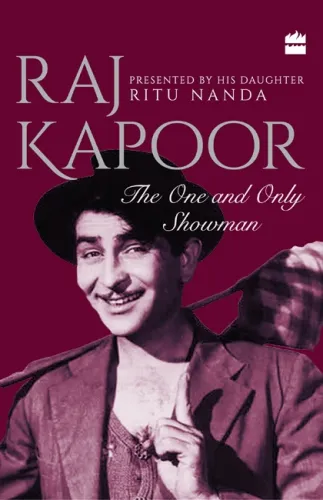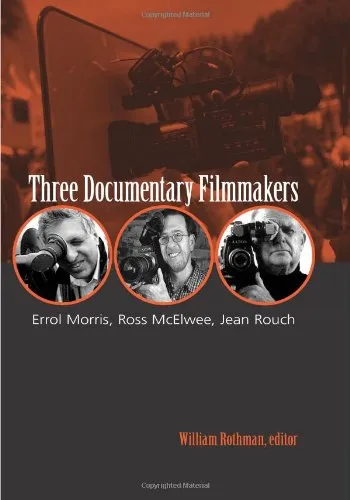The Third Eye: Race, Cinema, and Ethnographic Spectacle
4.0
Reviews from our users

You Can Ask your questions from this book's AI after Login
Each download or ask from book AI costs 2 points. To earn more free points, please visit the Points Guide Page and complete some valuable actions.Related Refrences:
The Third Eye: Race, Cinema, and Ethnographic Spectacle
In 'The Third Eye: Race, Cinema, and Ethnographic Spectacle', Fatimah Tobing Rony explores the intersections of race, cinema, and the ethnographic gaze. This critically acclaimed work delves into the way cinema has historically been used as a tool of colonial and ethnographic observation, analyzing its impact on the representation of non-Western people. With a keen focus on visual anthropology and film studies, Rony meticulously dissects the cultural implications of this visual spectacle.
Detailed Summary
The book opens with an exploration of the origins of ethnographic cinema, detailing how early filmmakers used the medium to document and represent cultures perceived as "other." Through the concept of the 'third eye,' Rony conceptualizes the camera as both an instrument of observation and power, often wielded by Western filmmakers with an imperial gaze.
Rony further examines key films and filmmakers that have shaped the discourse on race and representation in cinema. She addresses the problematic aspects of these works, particularly their tendency to exoticize and dehumanize subjects. Through a critical analysis of films like Robert Flaherty's 'Nanook of the North' and others, she unpacks the narratives constructed by filmmakers who often held a position of colonial authority.
The book extends its analysis to contemporary practices and the potential for reimagining the ethnographic film as a tool for empowerment rather than exploitation. Rony encourages a shift in perspective, advocating for greater involvement of those who have been historically marginalized in the filmmaking process.
Key Takeaways
- The concept of the 'third eye' symbolizes the powerful role of the camera in shaping perceptions of race and culture.
- Ethnographic cinema has historically functioned as a means of reinforcing colonial narratives and hierarchies.
- There is a pressing need for more inclusive practices in filmmaking that prioritize the voices and perspectives of underrepresented communities.
- Critical engagement with visual media is essential in understanding its influence on racial and cultural dynamics.
Famous Quotes from the Book
"The camera, in its all-seeing capacity, becomes an extension of the imperial gaze, documenting, categorizing, and often subjugating its subjects."
"To reclaim the image is to reclaim one's narrative, one's identity."
Why This Book Matters
'The Third Eye' is a seminal work in the fields of film studies and postcolonial theory, offering a nuanced critique of the power dynamics inherent in visual media. It challenges readers to reconsider the histories and contexts of the films they consume, highlighting the importance of diverse voices in shaping media narratives. Rony's book is essential for anyone interested in the ethics of representation and the potential for film to be both a tool of oppression and a medium for change.
By weaving together theory and analysis in a compelling narrative, 'The Third Eye' serves as both a scholarly resource and a call to action for filmmakers, academics, and audiences alike. Its insights continue to resonate in discussions about race, representation, and the responsibilities of media creators today.
Free Direct Download
You Can Download this book after Login
Accessing books through legal platforms and public libraries not only supports the rights of authors and publishers but also contributes to the sustainability of reading culture. Before downloading, please take a moment to consider these options.
Find this book on other platforms:
WorldCat helps you find books in libraries worldwide.
See ratings, reviews, and discussions on Goodreads.
Find and buy rare or used books on AbeBooks.
1321
بازدید4.0
امتیاز0
نظر98%
رضایتReviews:
4.0
Based on 0 users review
Questions & Answers
Ask questions about this book or help others by answering
No questions yet. Be the first to ask!
